
- United States
- United Kingdom
- Canada
- Australia
- Netherlands/Ireland
- High School
- University
- Research Institute
- Conditional Admission
- Community College
- Public College
- Private College
- Junior High School
- High School
- United States
- United Kingdom
- Canada
- Australia
- Netherlands/Ireland
- High School
- University
- Research Institute
- Conditional Admission
- Community College
- Public College
- Private College
- Junior High School
- High School
London School of Economics and Political Science
London School of Economics and Political Science
London
Founded in 1895
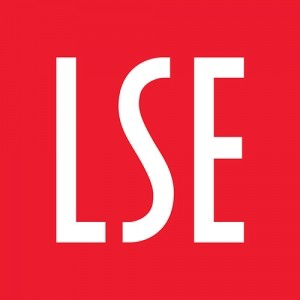
School Info
School Introduction
The London School of Economics and Political Science (LSE), founded in 1895, is a member college of the University of London. Graduates are awarded degrees from the University of London. The campus is located in the legal center of London, Holborn, adjacent to the Royal Courts of Justice and the four Inns of Court, with Lincoln's Inn being particularly close.
LSE is consistently ranked alongside Oxford, Cambridge, Imperial College London, and University College London as part of the UK’s "G5" elite universities. The school is a pioneer in research in law, economics, international relations, politics, philosophy, anthropology, sociology, and social policy. Internationalization is one of the key characteristics of the student body, which consists of around 7,500 full-time students, 38% of whom are from the UK, 18% from EU countries, and 44% from over 120 countries and regions worldwide.
The primary library of the school, the British Political Economy Library, is one of the largest specialized libraries in economics and social sciences in the world. LSE is also a member of the Golden Triangle of UK universities and the Russell Group.
LSE was founded by members of the Fabian Society, Sidney and Beatrice Webb, Graham Wallas, and George Bernard Shaw in 1895, with a focus on research topics such as poverty and wealth inequality. This focus made LSE an important force influencing the British Labour Party. The school expanded rapidly and moved to Adelphi Terrace 10 in September 1896, along with the newly established British Political Economy Library, and continued to grow in the years that followed.
By 1900, LSE was recognized as an economics department of the University of London and began admitting undergraduate and doctoral students in the same year.
Undergraduate departments include Accounting and Finance, Economics, Management, Industrial Relations, Organizational Management Studies, Information Systems, International Relations, Law, Mathematics, Statistics, Media and Communications, Philosophy, Logic and Scientific Method, Social Policy, Social Psychology, Sociology, and Geography and Environment.
Master's diploma courses are offered in Accounting and Finance, Sociology, along with over a hundred other master's degree programs.
Notable alumni and faculty include 13 Nobel laureates, 33 heads of government or state, 30 members of the UK House of Commons, and 29 members of the House of Lords. Of the Nobel Prize winners, besides Bernard Shaw and Bertrand Russell, who won Nobel Prizes in Literature, Ralph John Bunge and Philip Noel-Baker won the Peace Prize, while the others received the Nobel Prize in Economics.


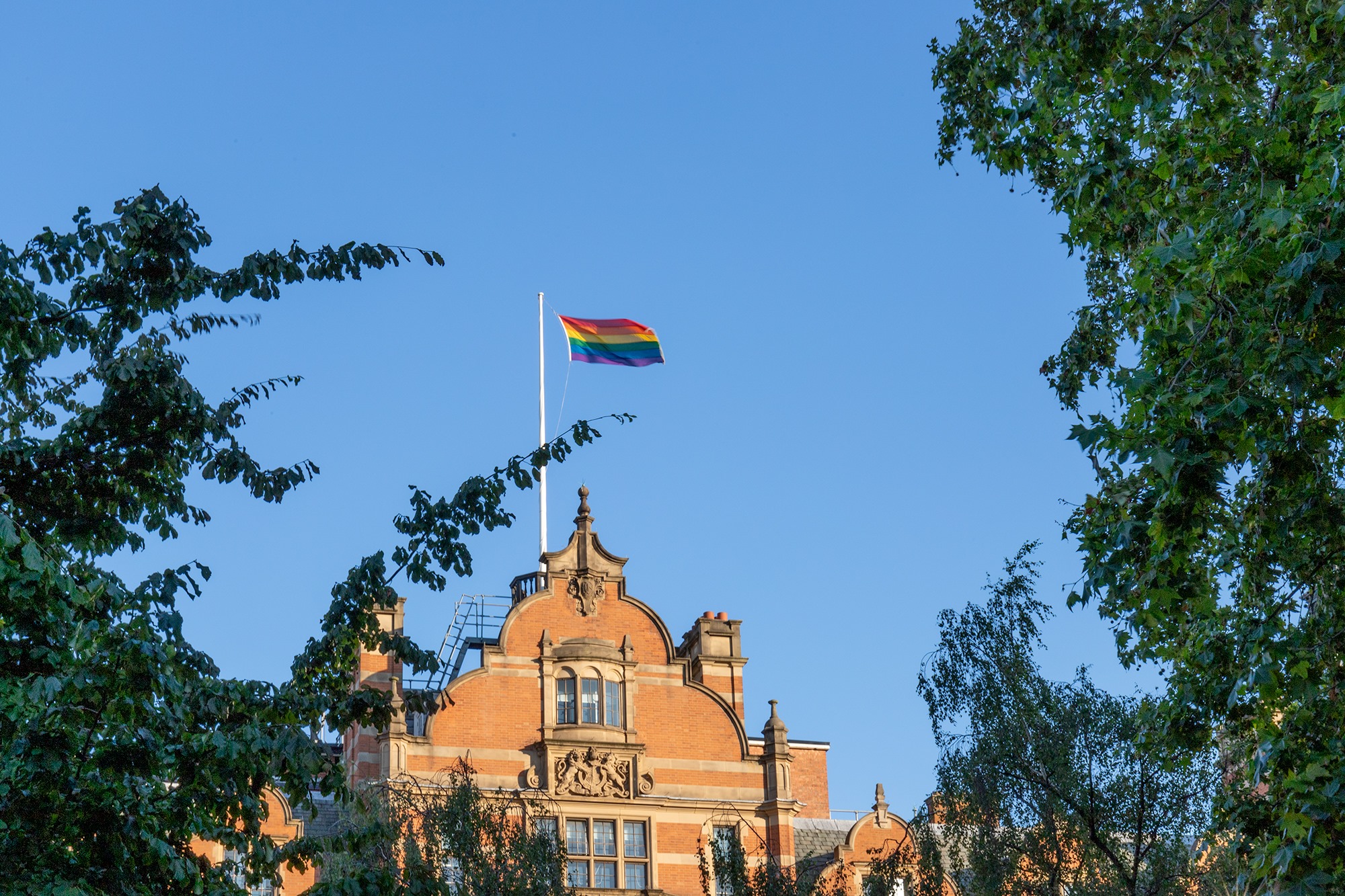
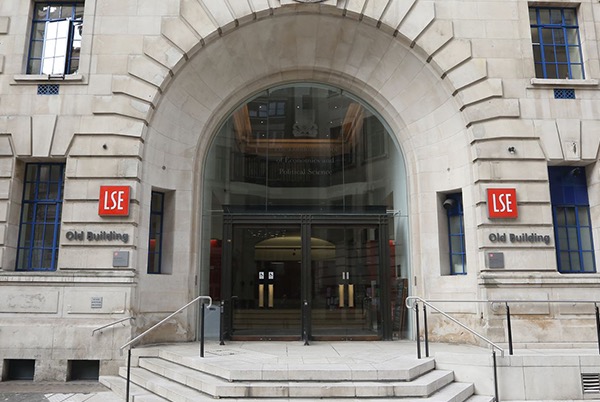
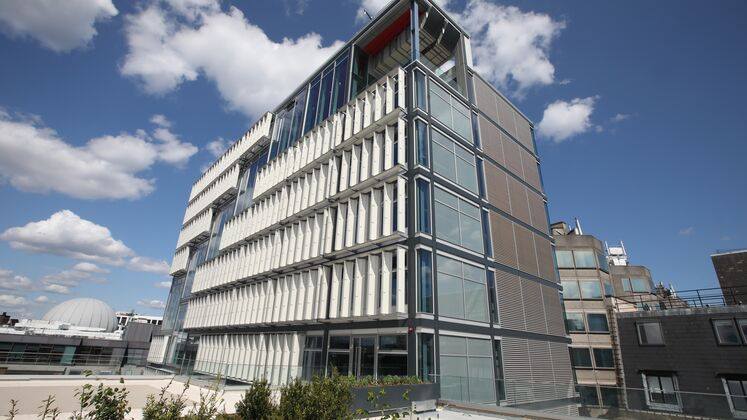

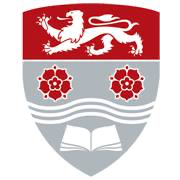
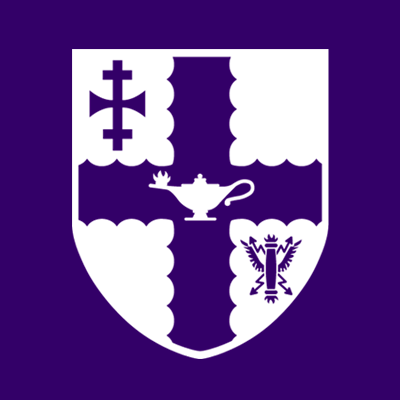
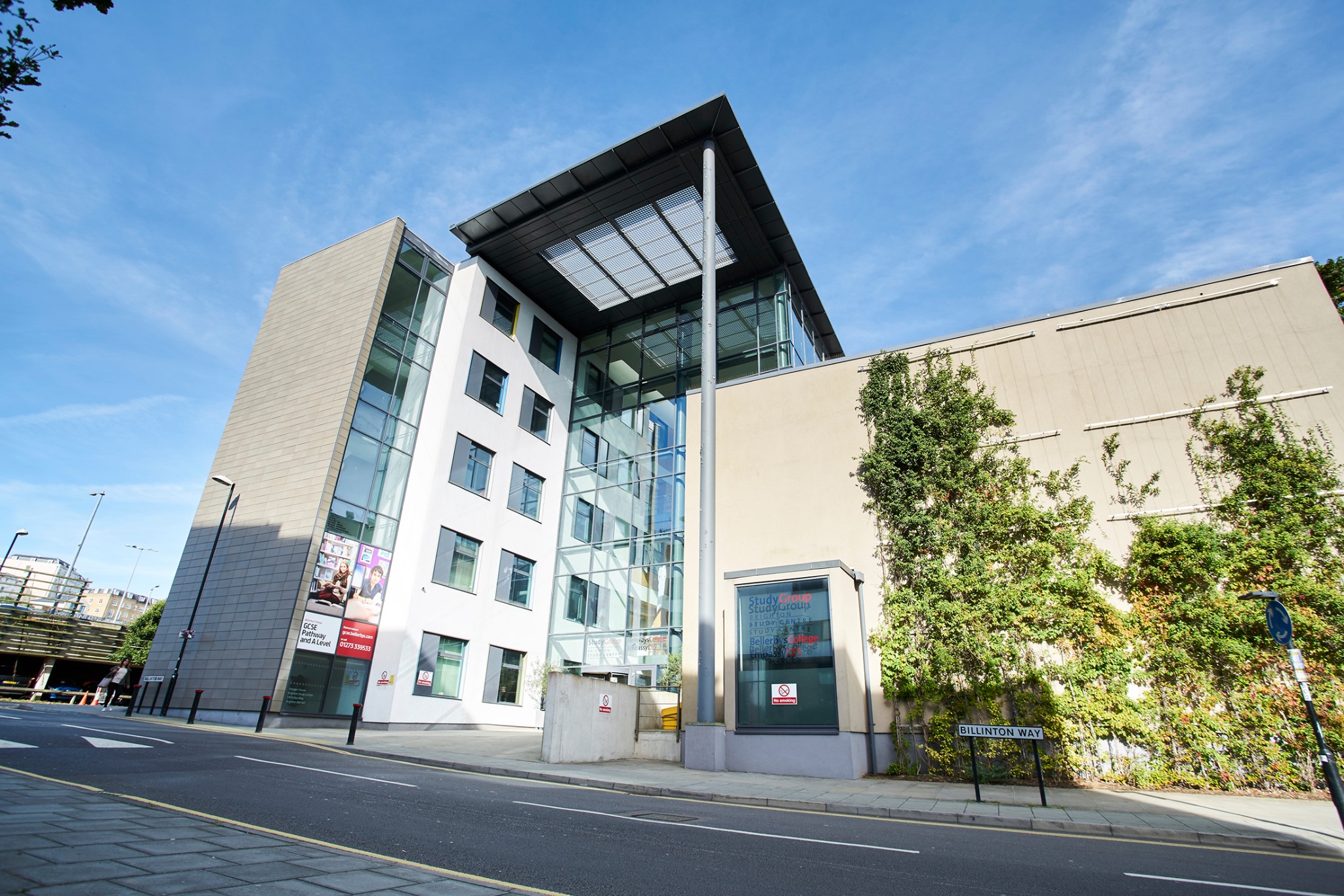
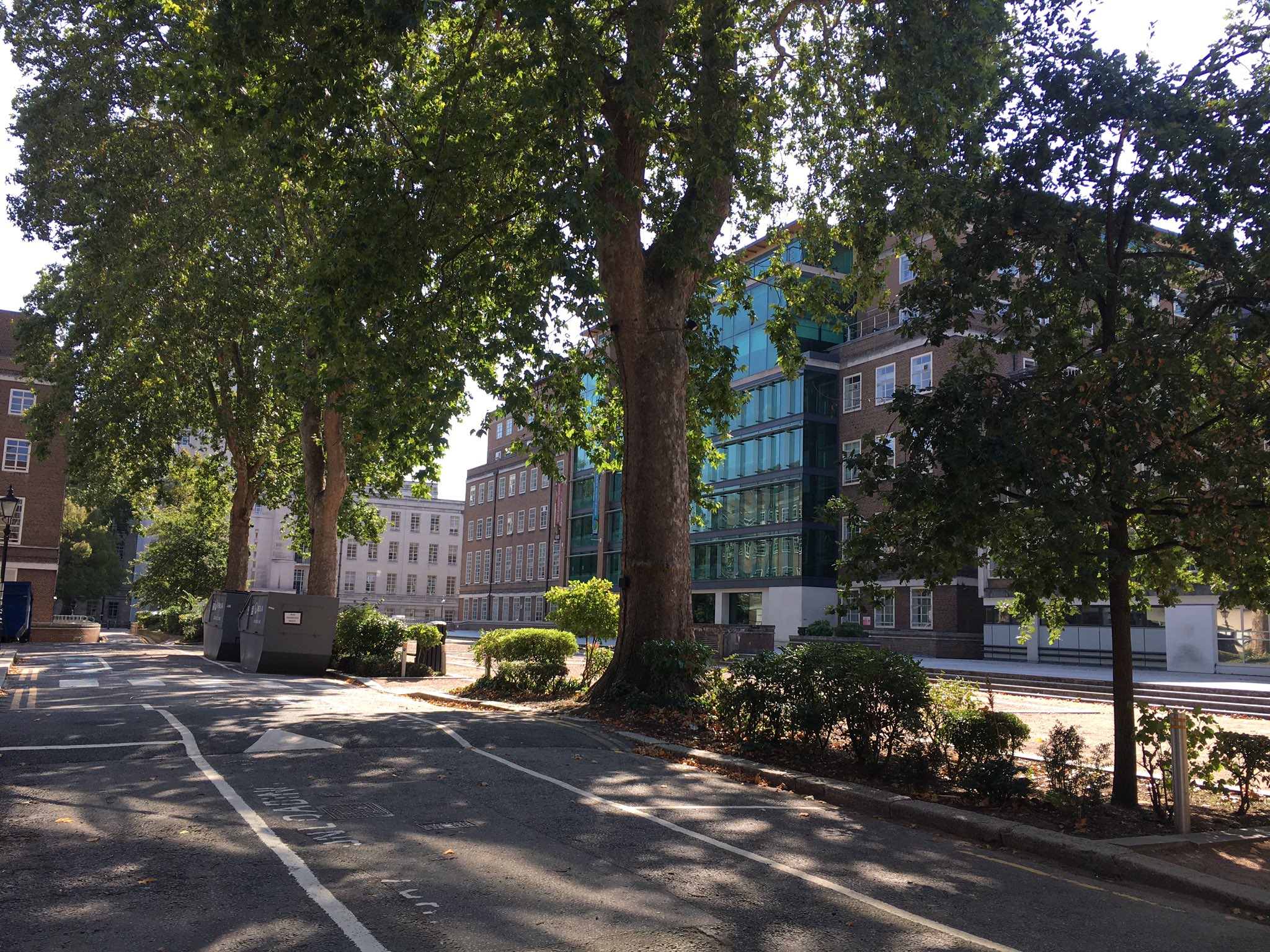
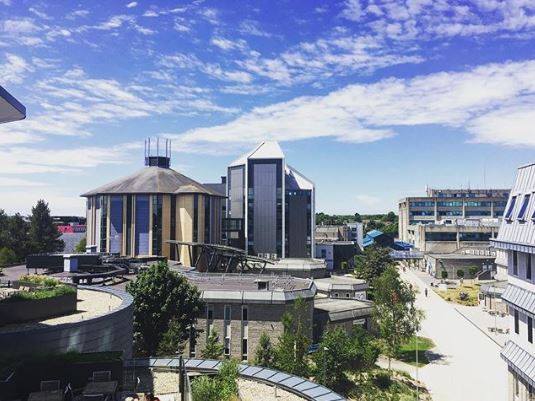

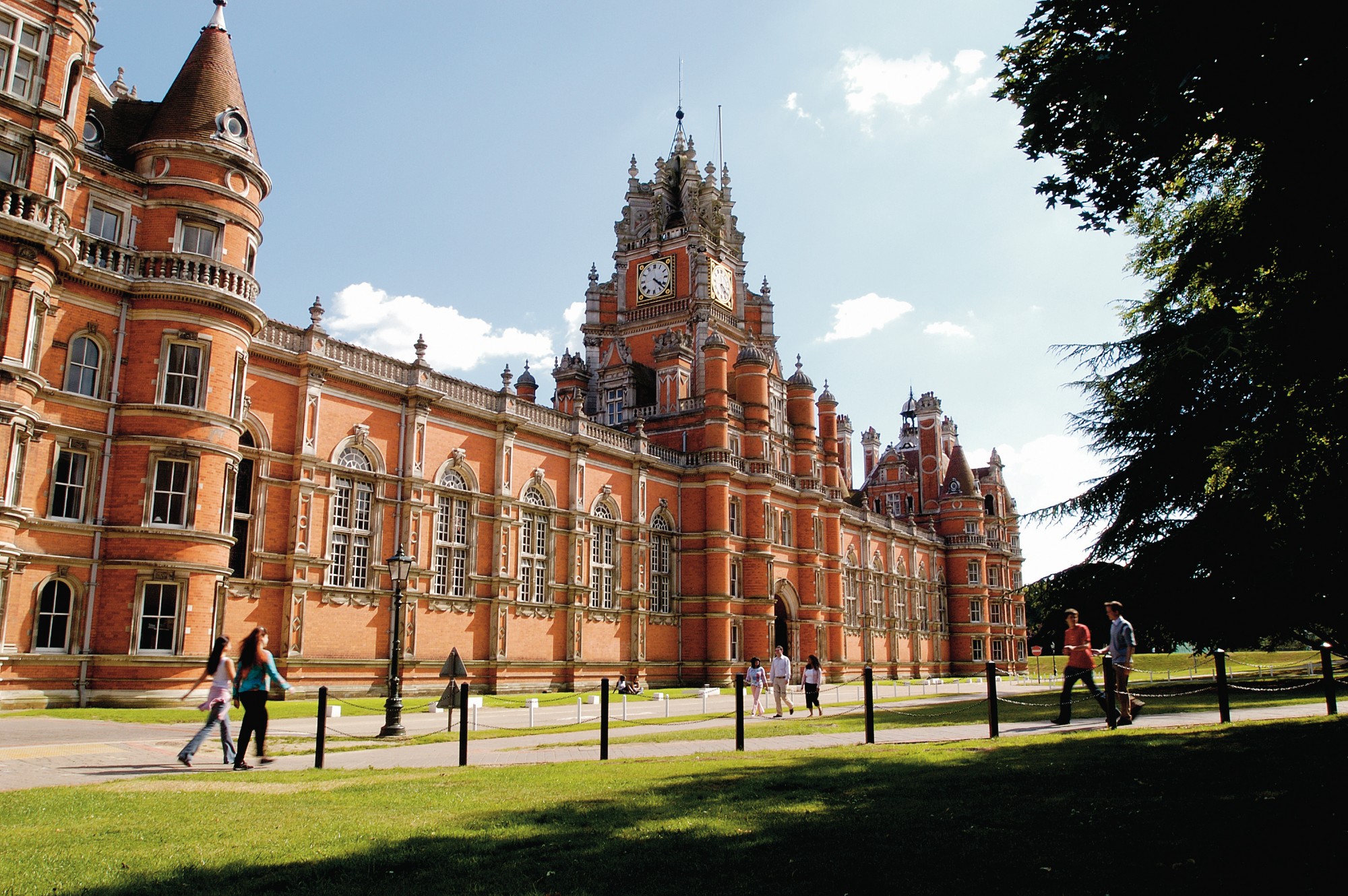
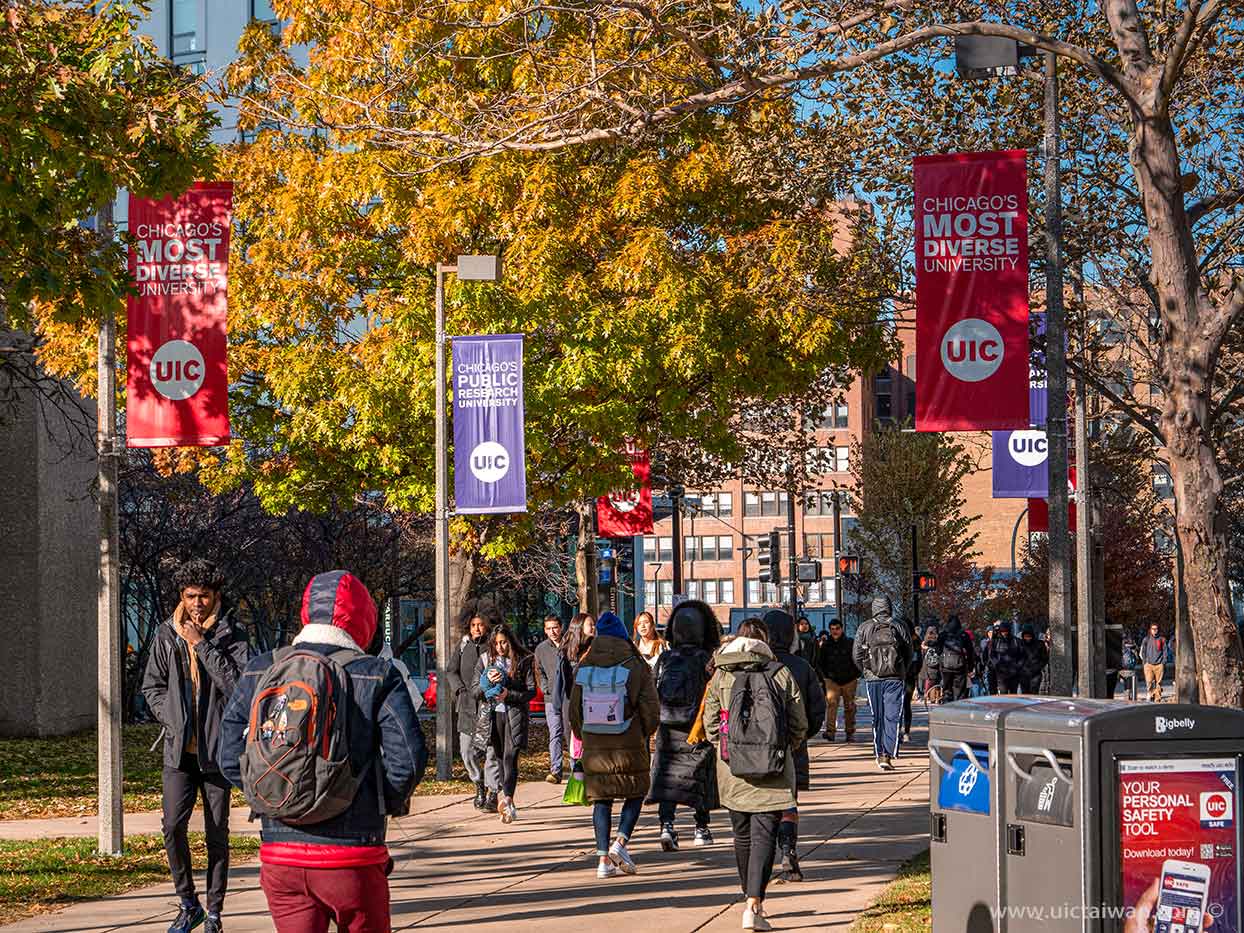






 Study in the USA
Study in the USA Study in Australia
Study in Australia Study in the UK
Study in the UK Study in the Netherlands/Ireland
Study in the Netherlands/Ireland Study in Canada
Study in Canada Conditional Admission
Conditional Admission



